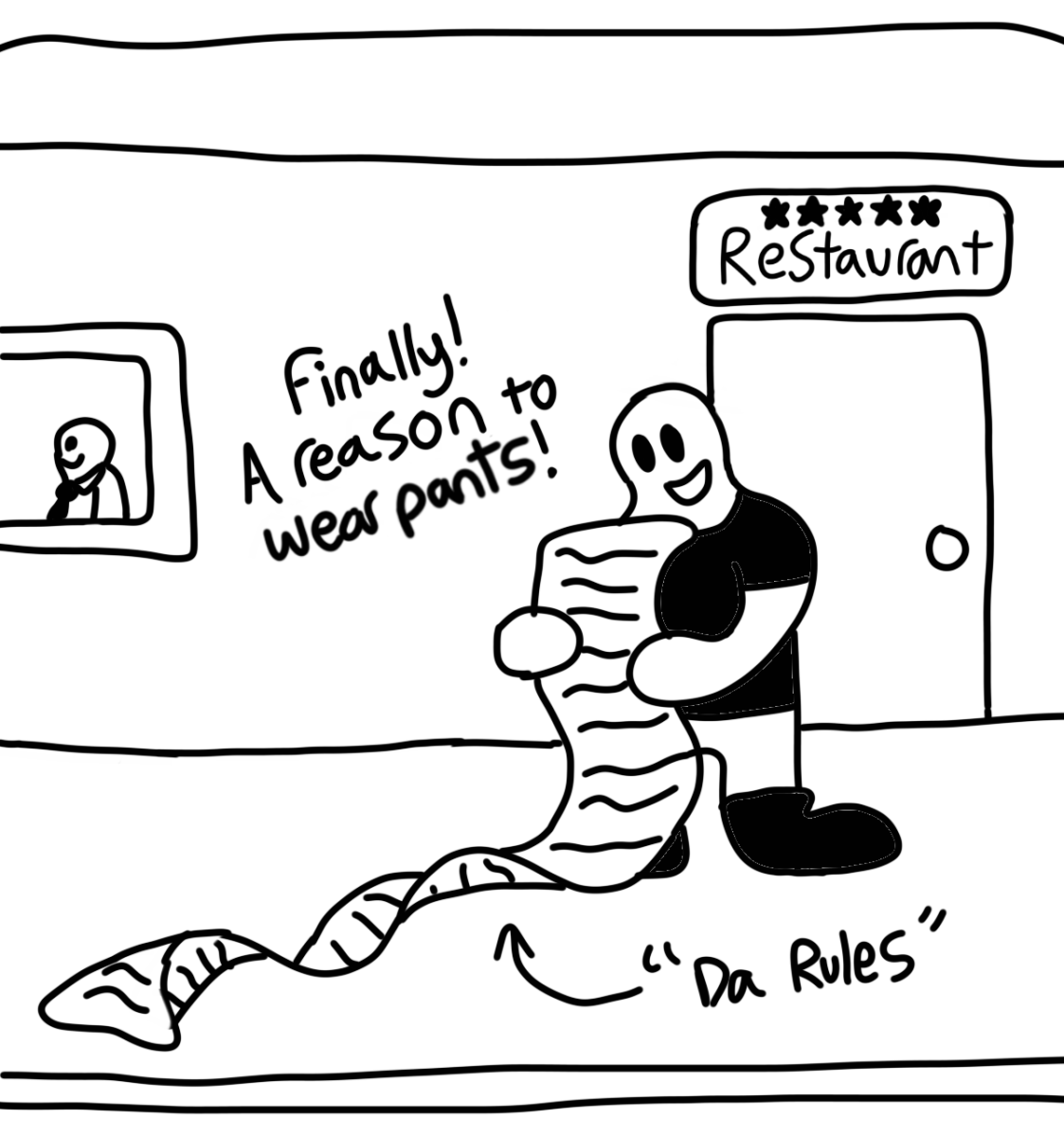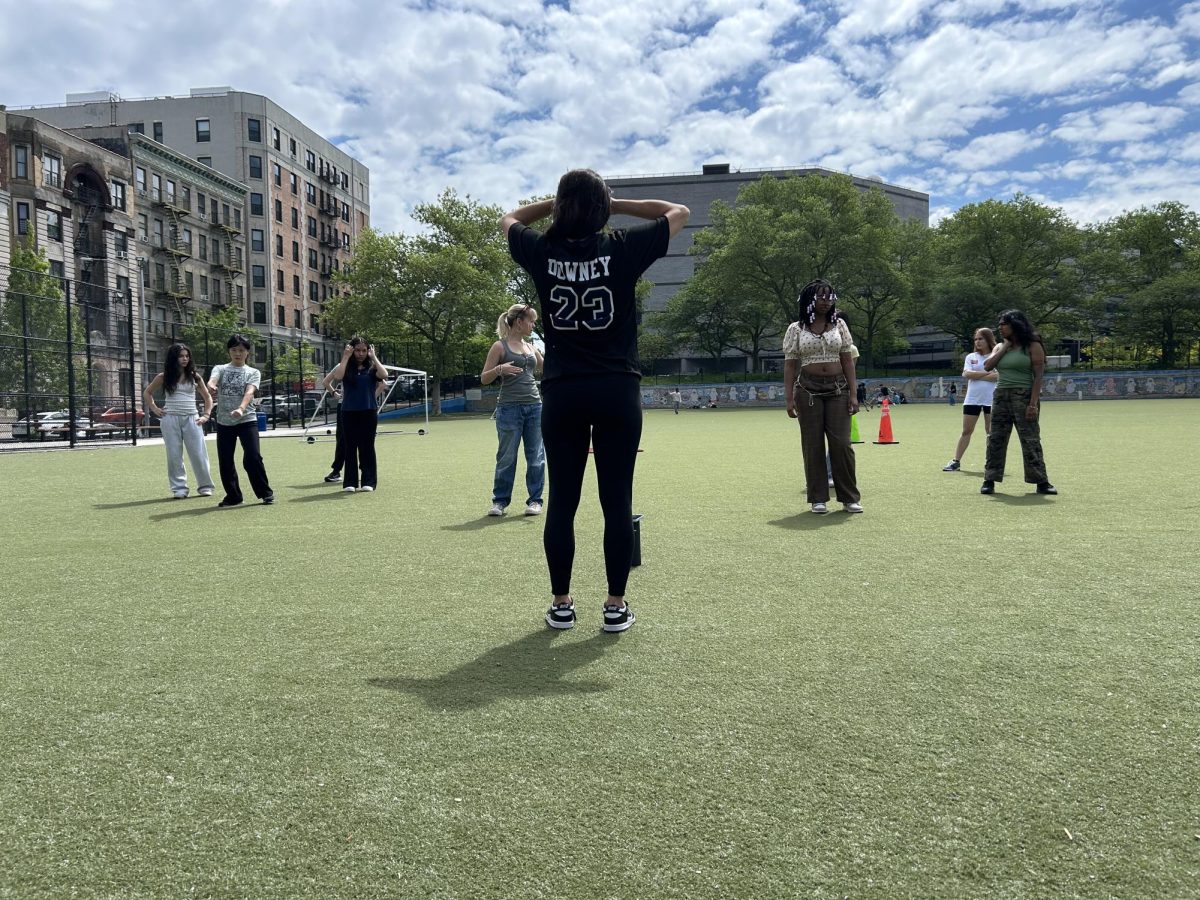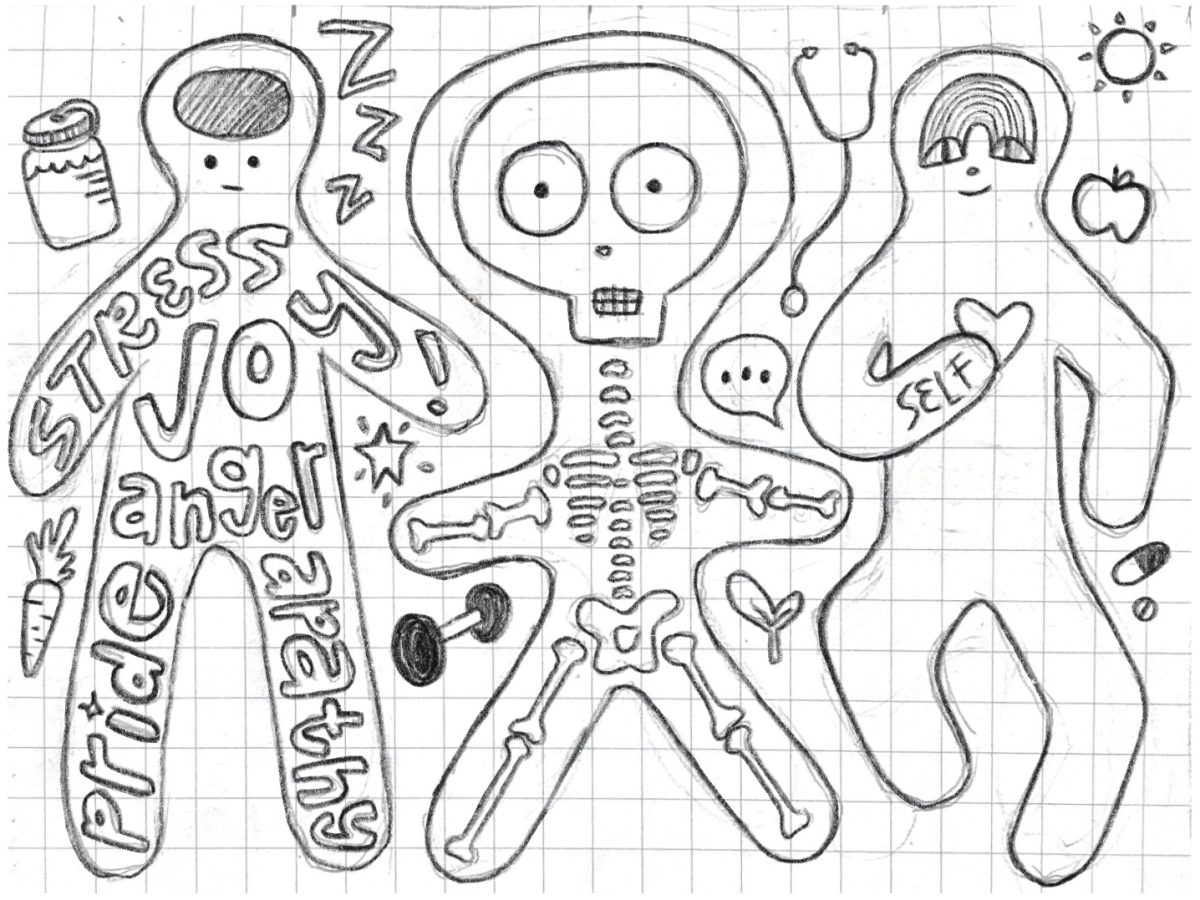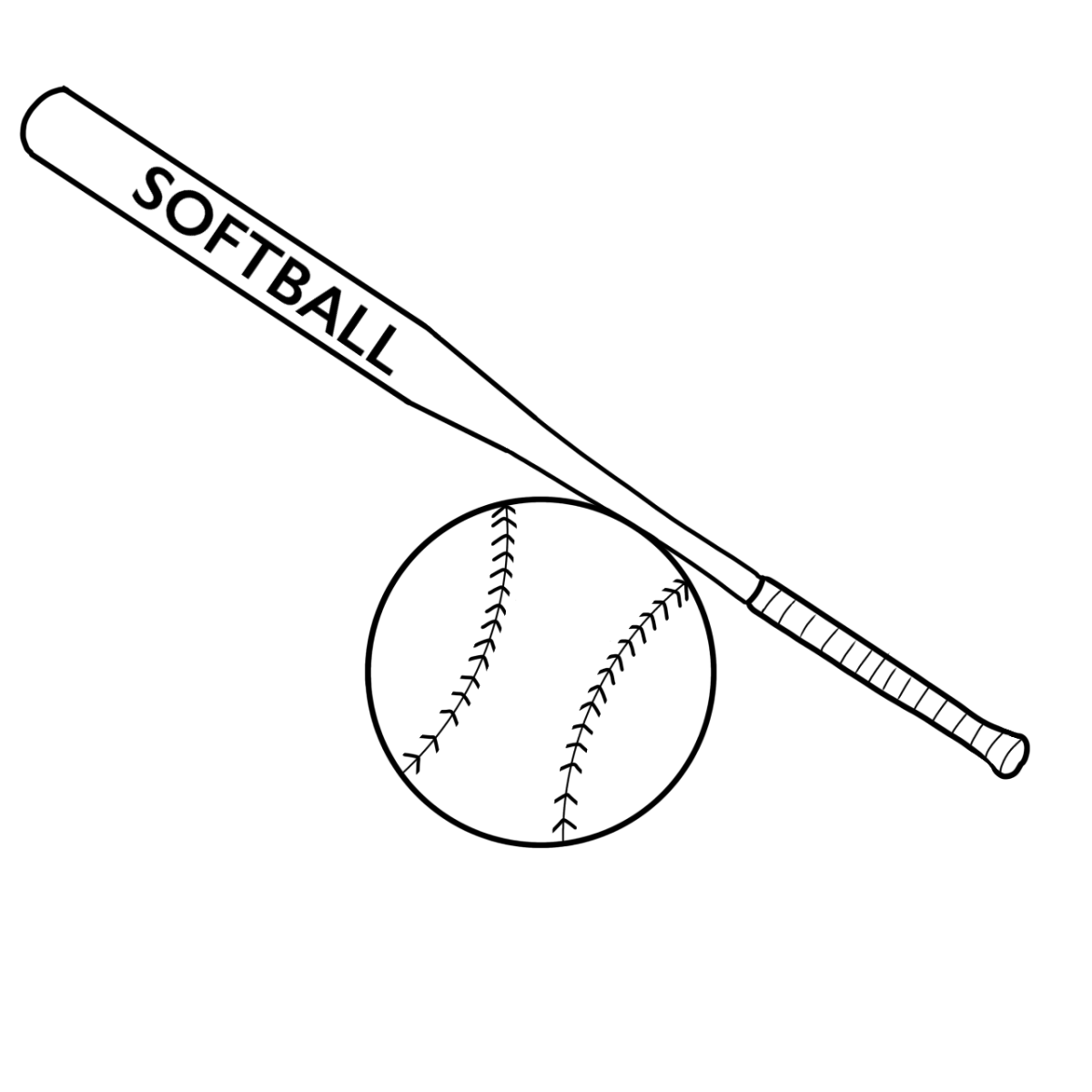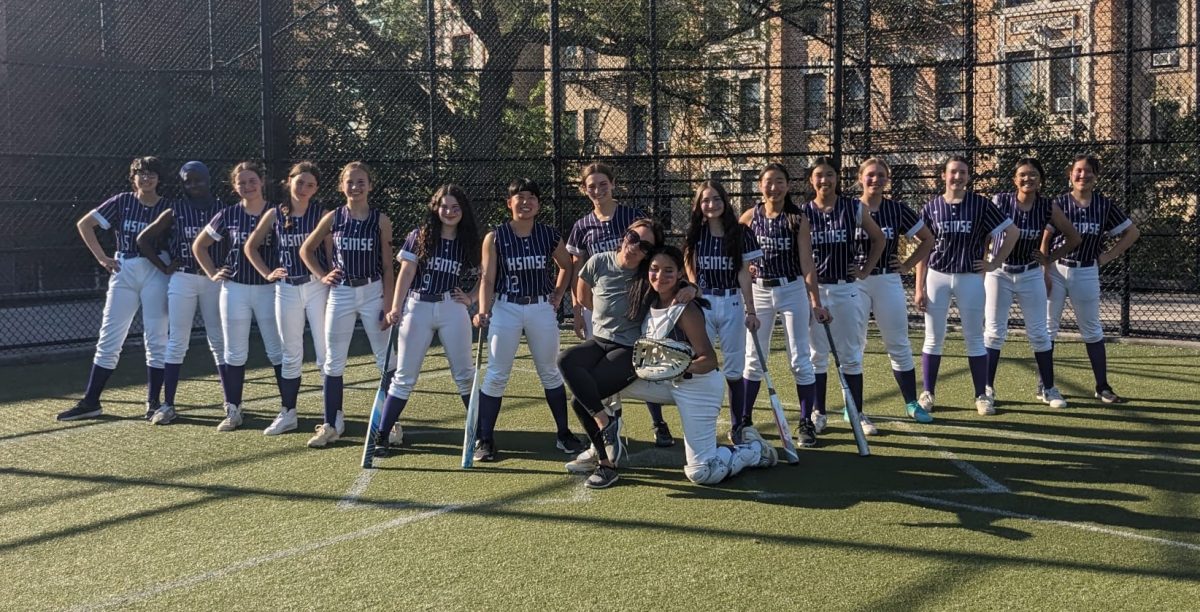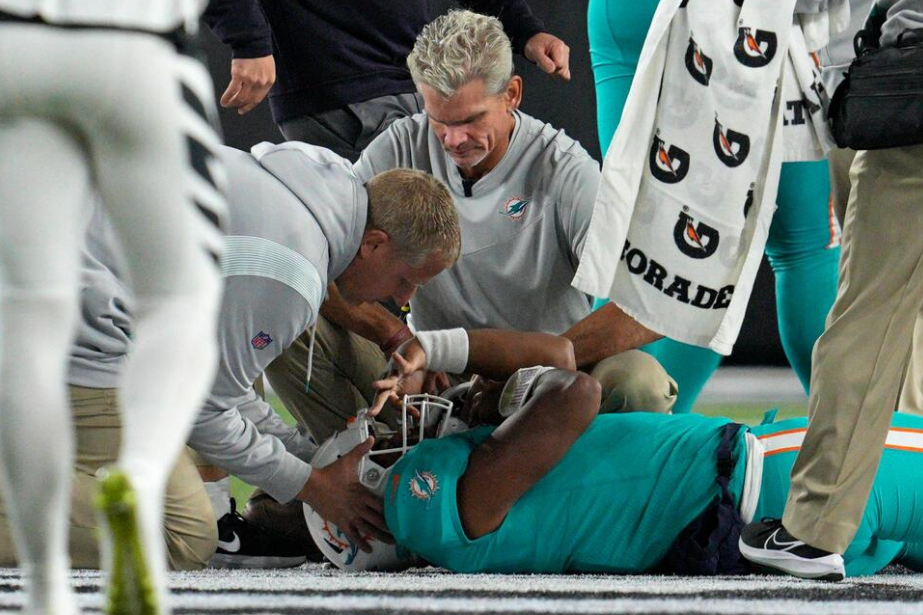In week 3 of the NFL regular 2022 season, Miami Dolphins quarterback Tua Tagovailoa was tackled, hitting his head and back on the ground. He was put under concussion protocol because he didn’t appear to have proper control over his muscles, a condition called ataxia. Despite this, he was deemed okay and controversially sent back into the game. In week 4, Tagovailoa was hit again. He fell unconscious and had to be transported to a hospital. Tagovailoa’s disturbing injury was broadcasted on live TV to millions of Americans, including me, and served as a chilling reminder of the dangers of American Football. I told myself I would stop watching football for moral reasons, but I’m still obsessed with the sport. I can’t help but watch every game I can get on my TV—and so do millions of other Americans. Is football really that dangerous? Is it ethical for us to watch it?
In the first 11 weeks of the 2022 season, there were 92 reported regular-season concussions over 176 games, or 0.52 concussions per game. And it’s not just short-term concussions that players have to worry about. In 2014, an NFL investigation revealed that nearly 30% of players will develop cognitive issues including chronic traumatic encephalopathy (CTE), an Alzheimer’s-like condition that is caused by repeated head injuries and concussions. This investigation sparked new concerns about safety in the NFL, but it wasn’t enough to stop most fans from watching. It’s deeply ingrained in American culture to watch football, and football is extremely popular in the US—37% of Americans list it as their favorite team sport. It attracted an average of 17.1 million viewers per game in 2021 and 18.5 per Sunday game. This February, the Super Bowl attracted 101.1 million viewers. That’s almost one in three Americans, enough for the NFL to make millions off of a single Super Bowl ad. Americans as a whole love football. But if we want to be ethical fans, we have to be mindful of its flaws and push for continual improvement in the sport.
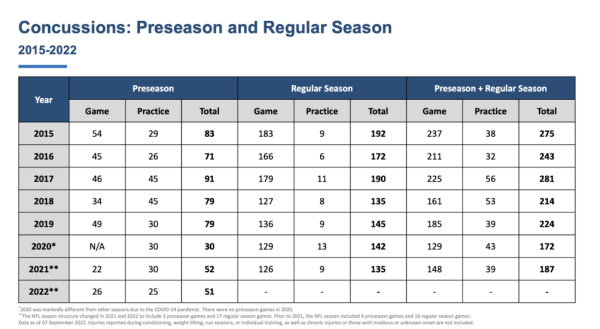
Football has become less dangerous, with new rules constantly advancing player safety. After the horrific hit on Tagovailoa, they updated the concussion protocol to stop players with signs of ataxia from going back into a game. Another positive rule change was the 1996 NFL ban on helmet-to-helmet contact (which causes dangerous head injuries). In 2008, hitting players anywhere with the top of the helmet was banned. And in 2018, this rule was updated to ban purposefully hitting players anywhere with any part of the helmet. The equipment players use has improved over time too. When helmets were first introduced to football, they were just leather caps with ear flaps (and these weren’t even mandated until the 1940s). Modern helmets are made of padded polycarbonate, with a face mask and optional visor. These drastically reduce the amount of head injuries suffered by players.
However, there are still over 170 concussed players every season. Despite major improvements to the game, the risk of injury still persists.
It’s understandable if you enjoy watching football- football is an incredibly engaging sport, and part of what makes it exciting is the danger of getting hit or losing the ball. But severe injuries shouldn’t be an inevitable and common part of the game. Players did not sign a contract forfeiting their right to safety when they joined the NFL. We need to stop praising players for playing while injured, and stop complaining about the game becoming ‘too soft’. We need to push the NFL to keep improving the sport so that less players will be needlessly injured (temporarily or permanently). I’m not asking anyone to stop watching a sport they love—a sport I love—but the treatment of horrific injuries as a natural and unavoidable part of the game has to stop.















